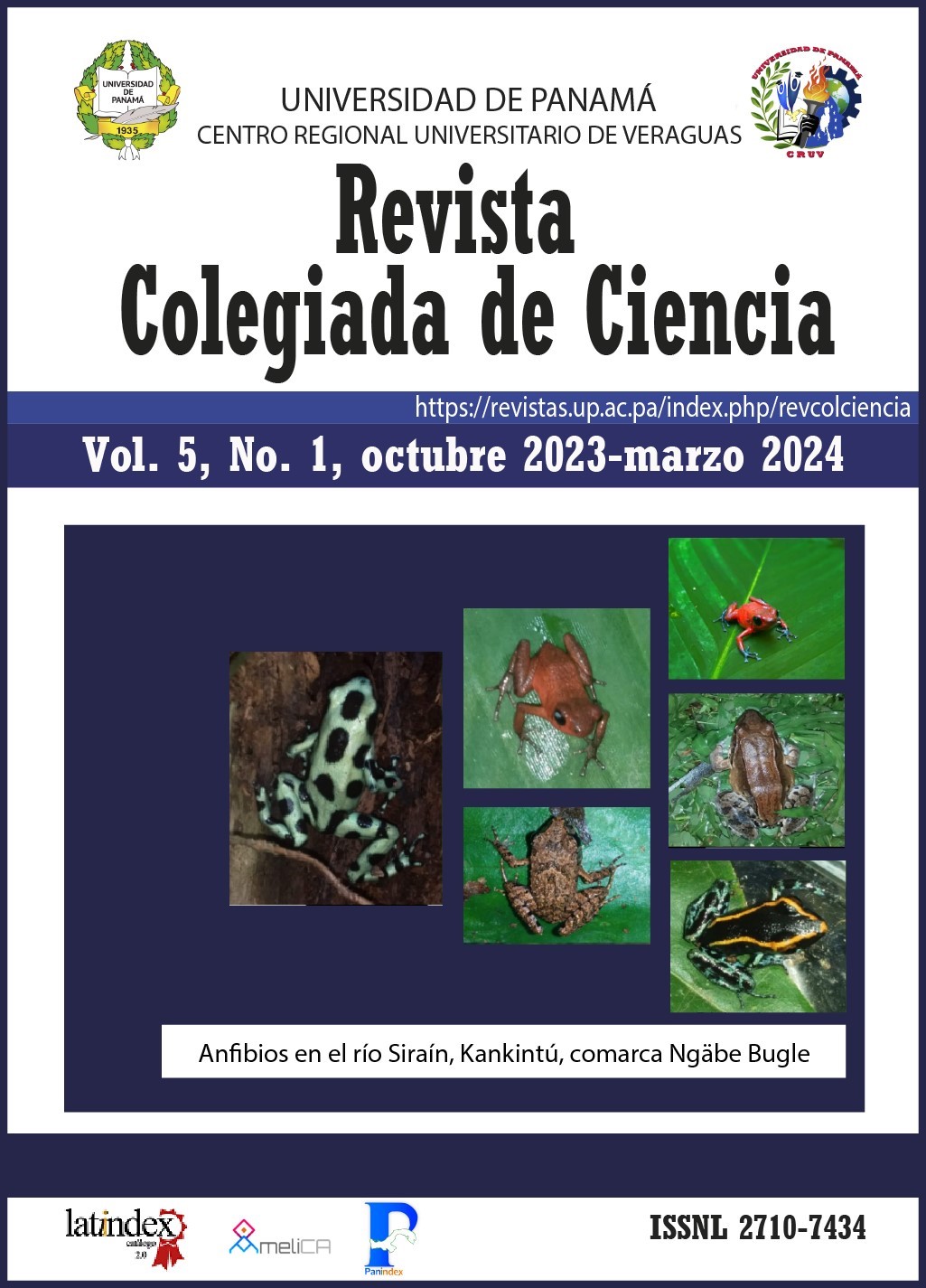

The present investigation was carried out in Rio Hato, Coclé province, with the objective of isolating and identifying microorganisms with antagonistic activity against the fungal pathogen Thanetophorus cucumeris (Rhizoctonia solani) in bean plants (Phaseolus vulgaris), to minimize the use of fungicides and other chemical compounds used in the conventional control of this fungus. A total of 185 bacteria and 72 fungi were isolated from bean plants in their three phenological stages (vegetative, flowering and fruiting) within the rhizosphere and phyllosphere. It was determined that there were significant differences between the dilutions used, being the 10-4 dilution where the greatest number of bacteria were isolated. In relation to the epiphytic organisms, there were significant differences between the dilutions, being the 10-4 dilution where more bacteria were isolated, no differences were determined between the phenological phases. The vegetative phase presented the largest number of isolates; there were no differences for the sections of the phyllosphere. Regarding the epiphytic fungi, there were no statistical differences between the dilutions or in the phenological phases. In the endophytic section, the fruiting phase presented most of the fungal isolates. In relation to the rhizosphere fungi, significant differences were determined in the dilutions, being 10-4 where more isolates were obtained. Finally, it was possible to isolate seven bacteria and four positive fungi with antagonistic biological activity against the pathogen T. cucumeris.